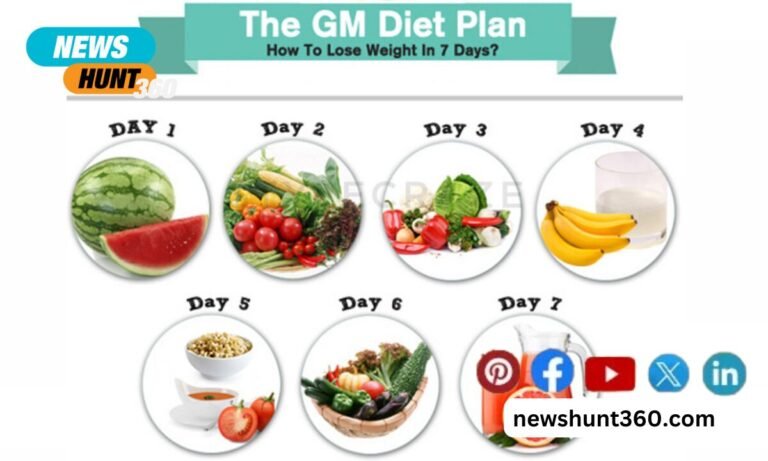About 17% of children and 32% of adults have untreated dental issues. Living with decayed, cracked teeth can impact your self-confidence. Meanwhile, gaps between your teeth can leave you more prone to gum disease.
Instead of risking your oral health, consider dental bonding.
What is dental bonding exactly, how much can it cost, and what are the benefits of this procedure?
Keep reading to find out! In this guide, we’ll review everything you need to know about cosmetic dental bonding. You can search for “dental bonding near me” feeling confident that this is the procedure you need.
Read on to learn everything you need to know about tooth bonding today!
Contents
What is Dental Bonding?
First, let’s answer the question that’s lingering on everyone’s minds: what is dental bonding?
Dental bonding is a cosmetic dentistry procedure that uses tooth-colored resin. The resin is a durable plastic that can look like your natural teeth. The resin is applied to your teeth using a special light.
With dental bonding, you can repair any damage your teeth have sustained. This procedure is often more cost-effective than other cosmetic procedures like veneers and crowns.
Once it hardens, the resin bonds with your existing tooth, restoring your smile.
The procedure doesn’t require anesthesia, making it easier than other cosmetic dental procedures, too. You also won’t need to schedule multiple appointments with your dentist. Instead, you can get the procedure done in one sitting!
Who Needs It?
Talk to your cosmetic dentist about any oral health issues you’re experiencing. They can help determine if teeth bonding is right for you.
Teeth bonding is often ideal for people who need to:
- Make their teeth look longer
- Change the shape of their teeth
- Repair cracked or chipped teeth
- Repair tooth decay (filling cavities)
- Find a cosmetic alternative to amalgam fillings
- Close gaps between their teeth
- Improve the appearance of discolored teeth
- Protect part of the tooth’s root that’s been exposed by receding gums
Most often, bonding is used to treat discolored or chipped teeth.
If you have gaps between your teeth, it’s easier for food particles and bacteria to get trapped in those spaces. The bacteria can spread, allowing gum disease to develop. Cosmetic dental bonding could help you avoid future issues like gum disease.
If you’re hiding your smile and feel self-conscious about issues with your teeth, a bonding procedure might help. You can renew your teeth and start showing off your smile again.
Pros and Cons
Before scheduling an appointment for dental bonding, it’s important to review the pros and cons with your cosmetic dentist. They can help you make the best choice for your oral health needs.
Tooth bonding is one of the least expensive and easiest cosmetic dentistry procedures available. Otherwise, your dentist might suggest crowns or veneers as a solution. These procedures use customized, lab-made tooth coverings.
Most procedures require more than one appointment. With veneers and crowns, you might also need to have a small amount of enamel removed.
Tooth bonding isn’t always as resistant to stained as crowns are, though. The resin might not last as long as fillings, veneers, or crowns either. Sometimes, the bonding materials can break off your tooth.
There are some limitations with bonding, too. With that in mind, bonding is usually ideal for short-term corrections. It’s better for correcting teeth in low bite pressure areas, too.
Talk to your cosmetic dentist to determine if this procedure is ideal for you.
The Procedure
You won’t need to prepare much for your dental bonding procedure. Usually, you won’t need anesthesia unless:
- You’re using bonding to fill a decayed tooth
- There’s a chip near a nerve
- The dentist needs to drill the tooth to change its shape
Your dentist will choose the resin color that best matches your natural teeth.
Then, they’ll roughen the surface of your tooth a little. They’ll need to apply a conditioning liquid to the surface of your tooth as well. These steps ensure the bonding material adheres to your tooth.
Your dentist will apply the resin to your tooth, then mold it to the proper shape. Then, they’ll use a light or laser to ensure the material hardens.
Once it hardens, they’ll trim and shape it, then polish it.
This process usually doesn’t take longer than an hour to complete.
After-Procedure Care
Remember, your bonded tooth can still sustain damage. You don’t want to chip it. Make sure to avoid:
- Biting your nails
- Chewing on pens or ice
- Eating hard food items
- Using your teeth to open items
If you feel any issues with your teeth, contact your dentist right away.
In the meantime, make sure to follow your daily oral hygiene routine. Brush and floss twice a day. Consider rinsing your mouth with an antiseptic mouthwash as well.
Otherwise, visit your dentist for regular checkups and cleanings.
Failing to follow a daily oral hygiene routine could impact the lifespan of your teeth. Their lifespan varies based on how much bonding was done as well.
Your bonded teeth won’t have the same strength as your natural teeth. Take care of them to ensure they last. Otherwise, you might need to schedule an appointment to touch up or replace them.
Costs
How much does dental bonding cost? On average, it’s about $300 to $600 for each tooth. You might need to replace your bonding every five to 10 years.
Your cosmetic dentist can provide you with a more specific estimate.
The cost can vary based on your location and the dentist’s expertise. How many teeth you’re treating matters as well.
Make sure to check with your dental insurance provider first. Some insurers won’t cover the cost of the procedure. Keep that in mind when calculating the price.
Dental Bonding: Your Guide to A Better Smile
Ready to renew your smile? Keep dental bonding in mind. Make sure to schedule an appointment with your cosmetic dentist to determine if bonding is right for you.
With this procedure, you can smile feeling more confident than ever!
Searching for more useful tips and tricks? You’re in the right place.
Check out our latest posts today for more useful guides!




